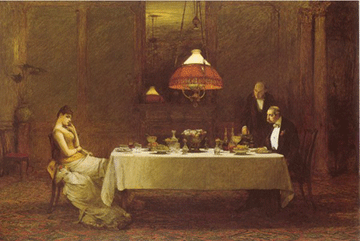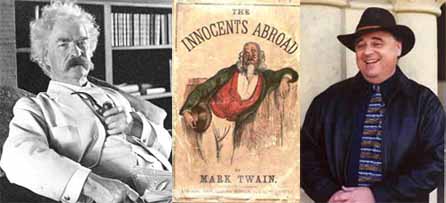
By Khalid Kishtainy
Translated by Ramsis Amun
Goodday!
My first intellectual foray as a child was an attempt to discover what happiness was and how I could find it. I was thirteen years old when I borrowed “The Story of Greek Thoughtâ€, hoping to find answers to this question from Greek philosophers. I was sorely disappointed. All I found were a few short paragraphs on the subject and I discovered that these philosophers only tasted misery in their lives and that one of them – I think his name was Socrates – ended his life by drinking a cup of hemlock. I closed the pages of the book and spent the next three months suffering from headaches. I still suffer from headaches and, of course, from that sickness called the search for happiness.
In my intellectual journey I came across many further speculations on the subject, of course. The English said that the happy man is one married to a Japanese woman, and who lives with her on the French Riviera, and employs a Chinese cook. I am still uncertain of the third stipulate. Do they mean to cook Chinese meals or to fulfill the needs of the Japanese woman? The Chinese themselves have their own view of happiness. Why not? Are we not enjoined as Muslims to “seek knowledge even in China� The Chinese say that if you wish to be happy for an hour you need to drink a glass of fruit juice, and if you wish to be happy for three days, get married, and if you wish to be happy for eight days, slaughter a sheep and eat it, and if you wish to be happy for a lifetime, become a gardener! Continue reading The Search for Happiness






